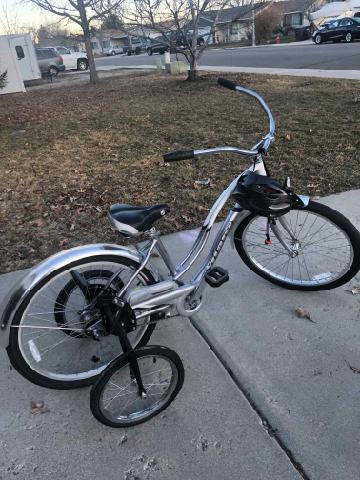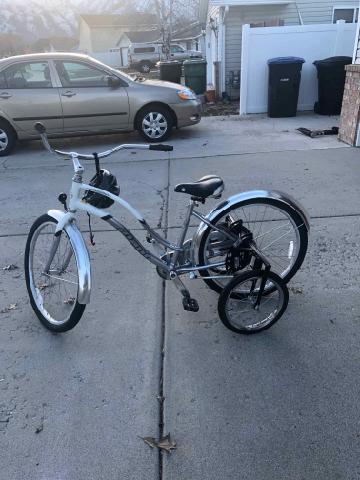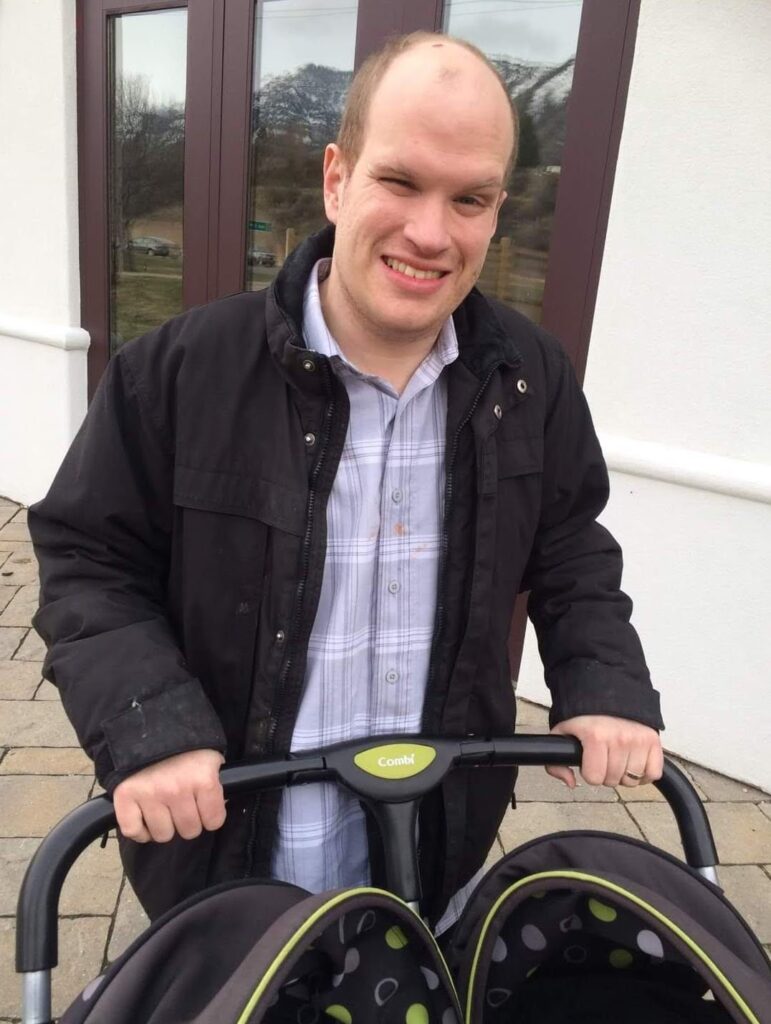To me, a bike (or trike) is freedom. You see, I have Cerebral Palsy, so I’m limited in two respects. First, I don’t drive, so mobility on my own is something that is virtually non-existent. Second, I need to choose exercise activities that enable me to move my body in ways that don’t stress it, and biking happens to be one of them.
While I toyed with biking in my younger years, biking wasn’t a part of my life for a decade. Then I married my wife, whose dad is an avid biker. So tandem biking became an option, as we and her dad and step-mom went tandem biking. Then my wife and I temporarily moved in with them while my wife dealt with a very difficult pregnancy. Eventually my hunger for the biking experience reached a point where I asked to borrow one of my father-in-law’s bikes. For me, that was and has been a source not just of physical health, but of emotional health as well. This worked in a few ways.
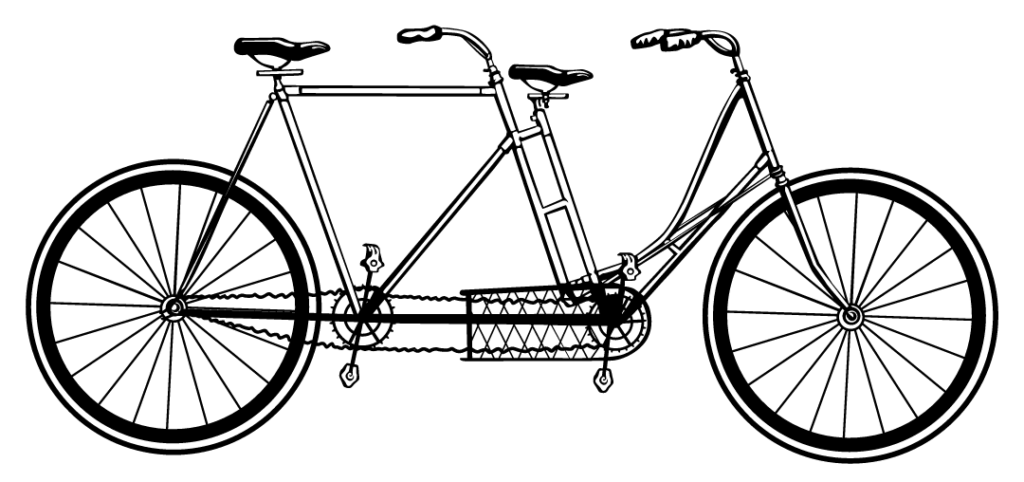
First, the physical act of exercising gives me positive energy, a sense of confidence. There’s a rush that comes to moving fast through the streets, way faster than I could walk or run. Being mobile and actively engaged is a much needed respite from an inside-focused life that having a desk job foreordained. Thus, when I return to the grind, I have more energy.
Second, exercising improves my mental health through biological processes, and biking is a key way that I exercise. As the Mayo Clinic explains, “Research on depression, anxiety and exercise shows that the psychological and physical benefits of exercise can also help improve mood and reduce anxiety. The links between depression, anxiety and exercise aren’t entirely clear — but working out and other forms of physical activity can definitely ease symptoms of depression or anxiety and make you feel better. Exercise may also help keep depression and anxiety from coming back once you’re feeling better.” While I’m not as afflicted with depression as many, breaking up my body’s routines by getting exercise helps my mental health through my physical health. Specifically, my biking makes my legs straighter, which helps me manage my physical health and the effects of my cerebral palsy, which in turn, gives me more mental health.
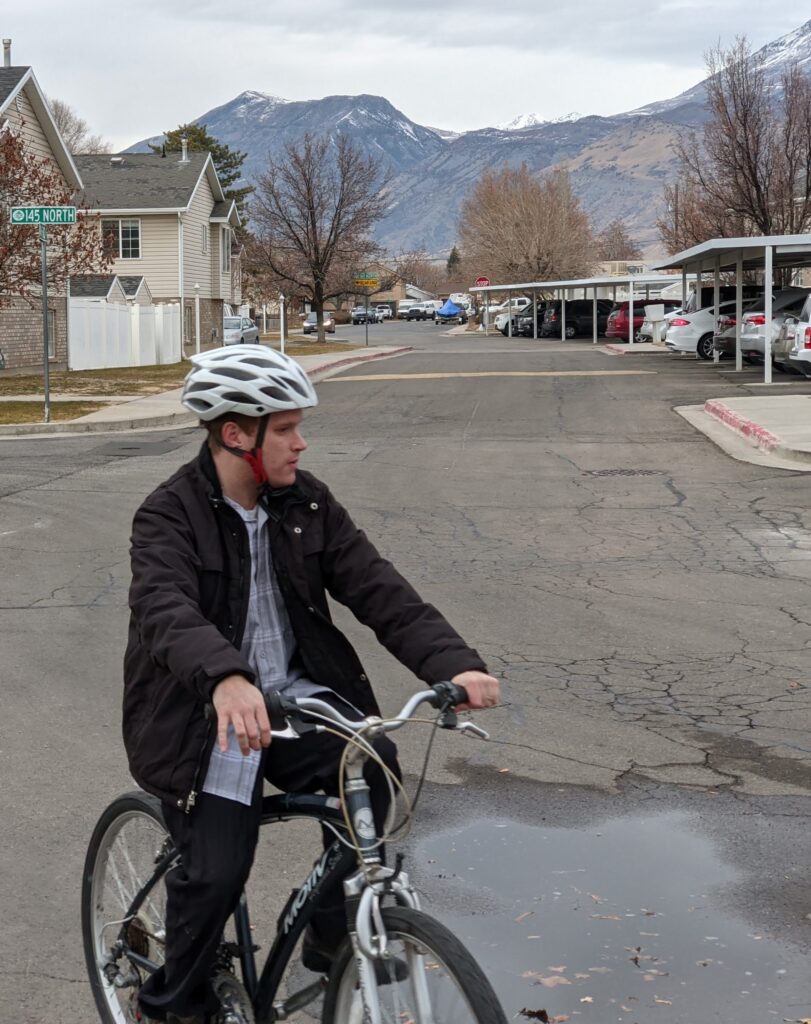
Last, biking gives me freedom— a mobility that I simply do not have in any other way. I’m almost never in a car alone, as I don’t drive, and the solitude that a bike offers gives me an unique experience. Traveling without someone else’s assistance long distances is a blessing that I only routinely get on my bike. The lack of dependence that allows me to visit friends even a mile or two away without help is wonderful, providing important connections that improve mental health.
I’m so grateful for biking as a part of my life.
Michael Worley lives with his wife Lizzie and their two sons in Utah County. Michael enjoys spending time with his boys and riding the local trails in the community. He also enjoys Star Wars, BYU Creamery Chocolate Milk, and helping others. In case of inclement weather, Michael can be found working as an attorney.
